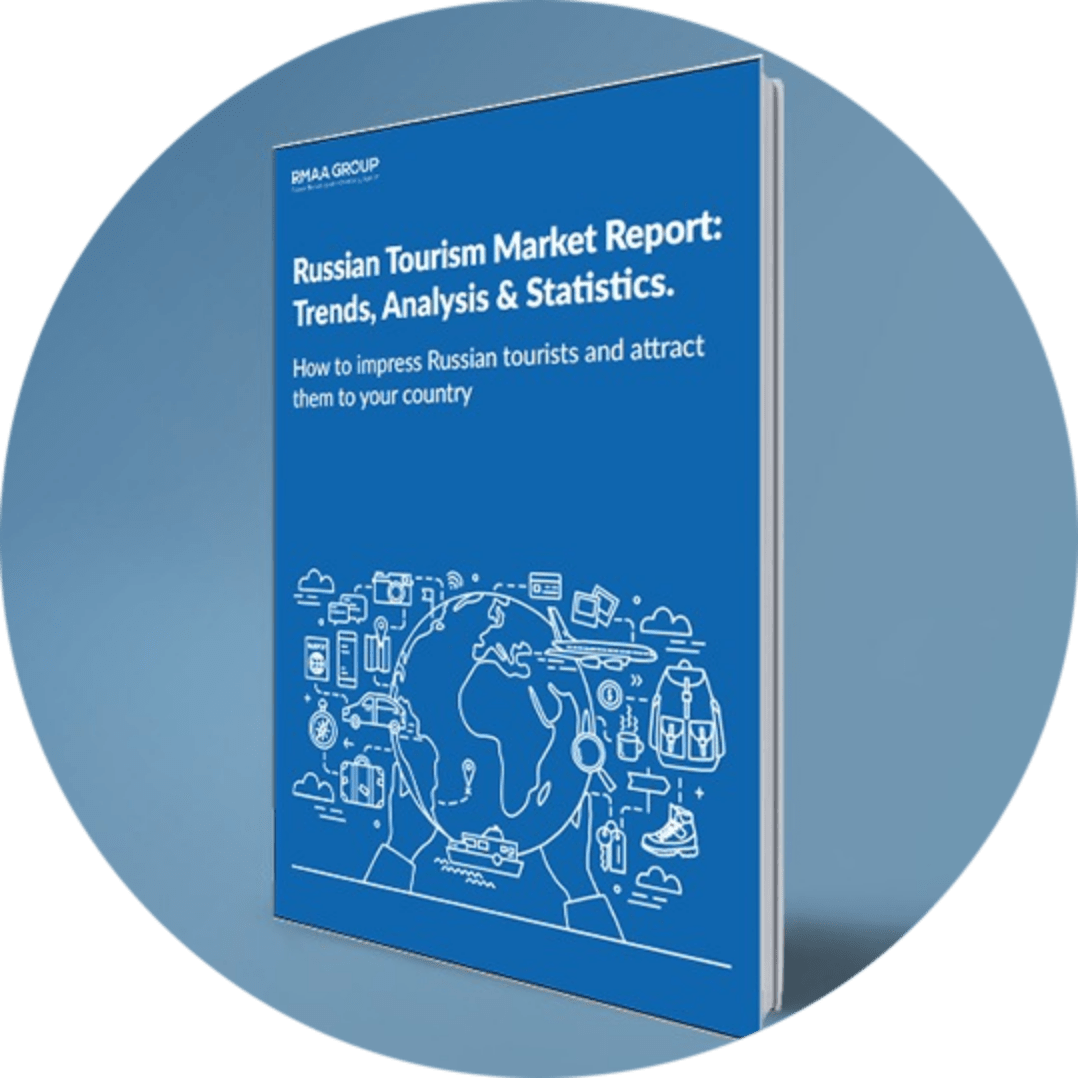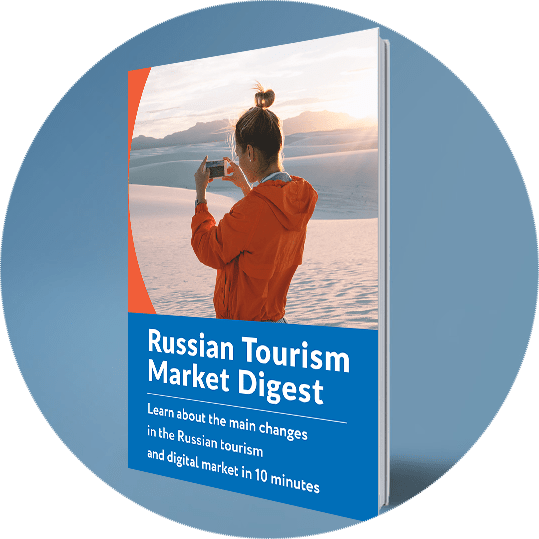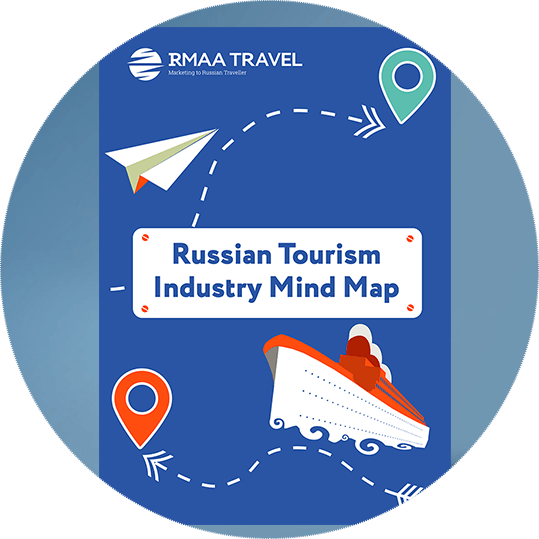Blog about successful marketing strategies in russia
Coronavirus Marketing: How COVID-19 Changed Strategies of DMOs and NTOs


DIGITAL MARKETING
Share this Post
Today many countries are gradually defusing lockdown measures related to the COVID-19 pandemic. The hospitality industry is slowly coming back to life, too: inns, cafés, and shops are opening. Internal tourism will start restoring actively during several first months after the lockdown regime is removed. However, come-back of international travels is postponed for a later period.
Today, it is essentially important to mind the tone of messaging as during the crisis it is very easy not only to do harm to but also to completely ruin a reputation built for years. As for tourism, travellers went online just like everyone, and it is very important for travel business to maintain communication with them and build relationships via available channels. How the communication around the brand will be built today will influence on what it will get after the restrictions are over and borders are reopened.
How Strategies of Tourism Offices in Different Countries and Regions Changed
RMAA Travel team conducted a survey among representatives of national travel offices in different countries and regions and found out what changes have been made in marketing strategies of different destinations in view of coronavirus.
- 89% organizations changed their marketing strategies because of the COVID-19 pandemic. At that, most of them use this time to study the market and consumers, as well as to look for and implement new out-of-the-box solutions to promote their regions.
- Most travel offices managed to save their marketing budgets, but had to redistribute them to a later period when borders between countries will be reopened. At that, one third of organizations had to cut their marketing expenses. In this regard, travel offices had to thoroughly reconsider their current communication channels used for promotion in the Russian market. The changes only glossed over maintenance of social media accounts, which activeness is still at the pre-coronavirus level.
- A key channel to inform Russian partners and tourists about the coronavirus situation in foreign regions is an official website for most respondents. The second place is taken by social media accounts.
Detailed results of the survey are available in a special RMAA Travel digest edition.
Creativity under Quarantine
Just like during the isolation, countries continue communication with their audiences, explore new channels and forms to promote their regions. Priorities of travel marketing shifted in favor of development of content strategies, communication with followers in social media, use of augmented reality technologies etc. It is worth noting that many creative solutions, into which travel offices were pushed by an unprecedented crisis, can and must be used for promotion further.
The isolation period pushed travel offices of different countries and regions into the use of new creative and technological solutions for online promotion. Some of them were definitely used before already, but it was the period of border closure that acted as a catalyst of their intensive application.
Virtual travelling
As of today, this might be the most popular tool used by tourism offices of different countries and regions in their crisis marketing strategy. Barbados, Wallonia, Guatemala, Seychelles and many others suggest tourists that they just stay at home, but continue travelling virtually. At that, it is worth noting that the very users got much more interested in virtual travels, too. As far back as in March the interest of Russian users to virtual tours grew almost by half as compared to March 2019, and in April the number of queries ‘virtual travel’ exceeded the March rate more than twice (according to Wordstat.Yandex). The number of queries ‘virtual tour’ in Russia increased more than four times as compared to an average rate of the pre-crisis period.
Gamified online tour
Visit Faroe Islands created a solution that lets not just see the Faeroes virtually with the eyes of local inhabitants, but also manage a process of a virtual travel real-time. As it is told in their official website, this solution is unparalleled. At the same time, the mechanics of such a tour is as simple as possible: a local inhabitant equipped with a video camera broadcasts live and follows instructions (to go, run, jump, or even fly a helicopter) that a tourist gives to him or her via its mobile device or PC. Such embodiment of gamification, in our opinion, will further be developed and will become an excellent tool to attract tourists into their region.
Online platform for tourists
During the isolation, users became more interested not only in virtual tours, but also in online learning. People got more time to devote it to self-development, and some travel offices decided to use this tendency to promote their region.
#Greecefromhome is a tourist online platform created by the Greek National Tourism Organization (GNTO) in cooperation with Google. There users can watch virtual tours, learn more about landmarks, attend Greek cuisine cooking workshops and online courses.
Online events for tourists
For the isolation period, Puerto Rico has planned a number of events for tourists. Just for May, Puerto Rico scheduled 4 tours across sightseeing attractions of the island that will go live on the region’s pages in social media (Facebook and Instagram) and one cooking workshop. We are sure that such online events will take their places in promotion strategies of countries and regions after the lockdown is cancelled, too.
Recommendations
During self-isolation, when almost all processes went online, it is important to switch freed-up resources to new objectives:
- search for new ideas to develop a travel product;
- collection of data about tourists (who are active online today as never before) and refinement of profiles of target audience segments;
- development of new channels to communicate with users;
- market surveys (external and internal);
- observation over competitors and their marketing activities.
Today the tourism sector is in a very difficult situation. To stay afloat, it is important to handle this promptly, quickly set and change priorities, and redistribute resources. It is particularly important that what actions you take and what steps you make today will influence on what reputation you will have after the lockdown is over.
Travel Research
The Russian Tourism Market Report: Trends, Analysis & Statistics | 2019. How to impress Russian tourists and attract them to your country

Ready to partner with the specialists in Russian travel marketing and advertising?
About the Author
Head of Digital, editor-in-chief of the RMAA Agency Blog
Join 2,000+ of your Peers!
Get our latest articles delivered to your email inbox and get our exclusive White Paper "Digital Marketing in Russia. Finding your customers on the internet" for FREE!
You will be the first to know about Russian marketing insights,
news and updates from our agency.
Stay tuned!
We're updating our website's design step by step, so some pages may look different. Thank you for your understanding.
Got it
















